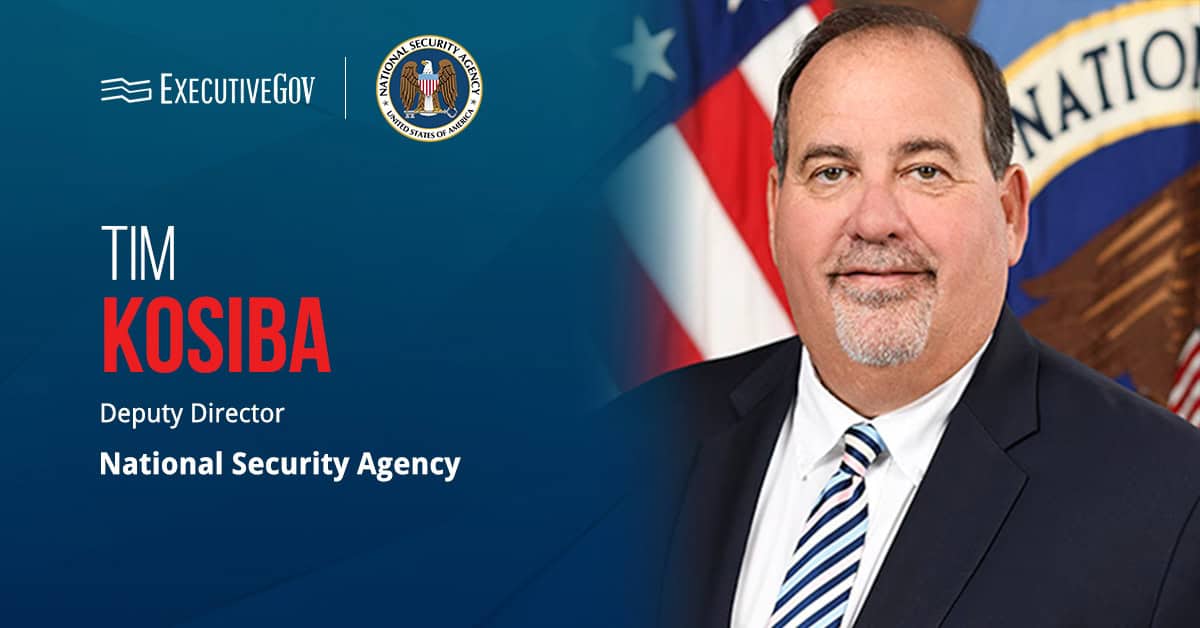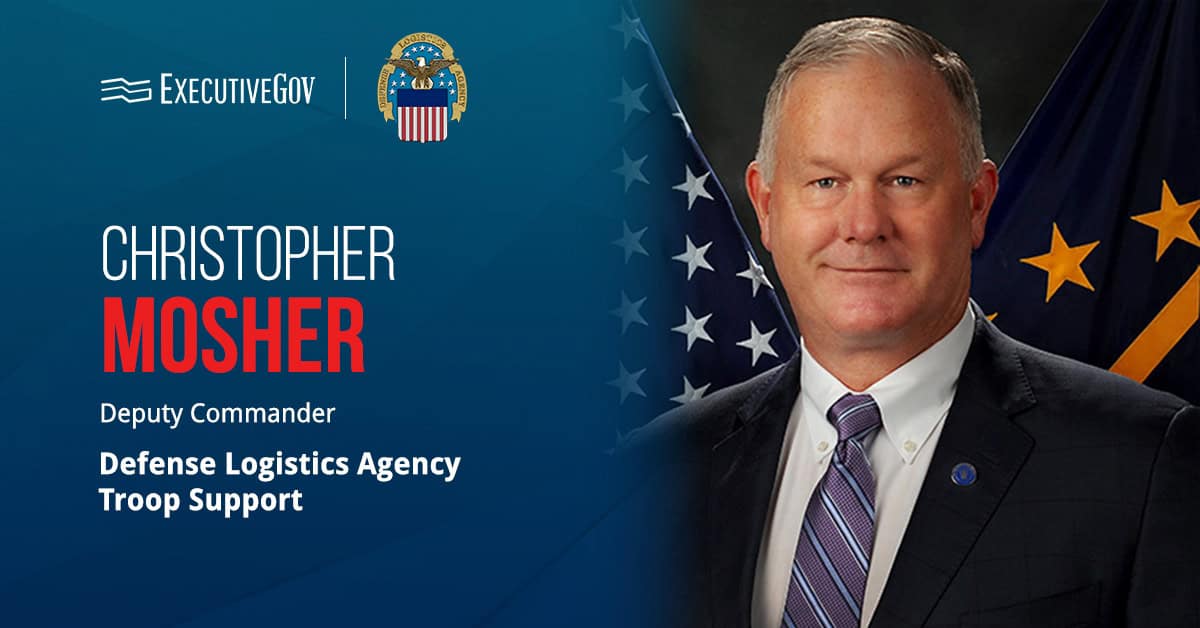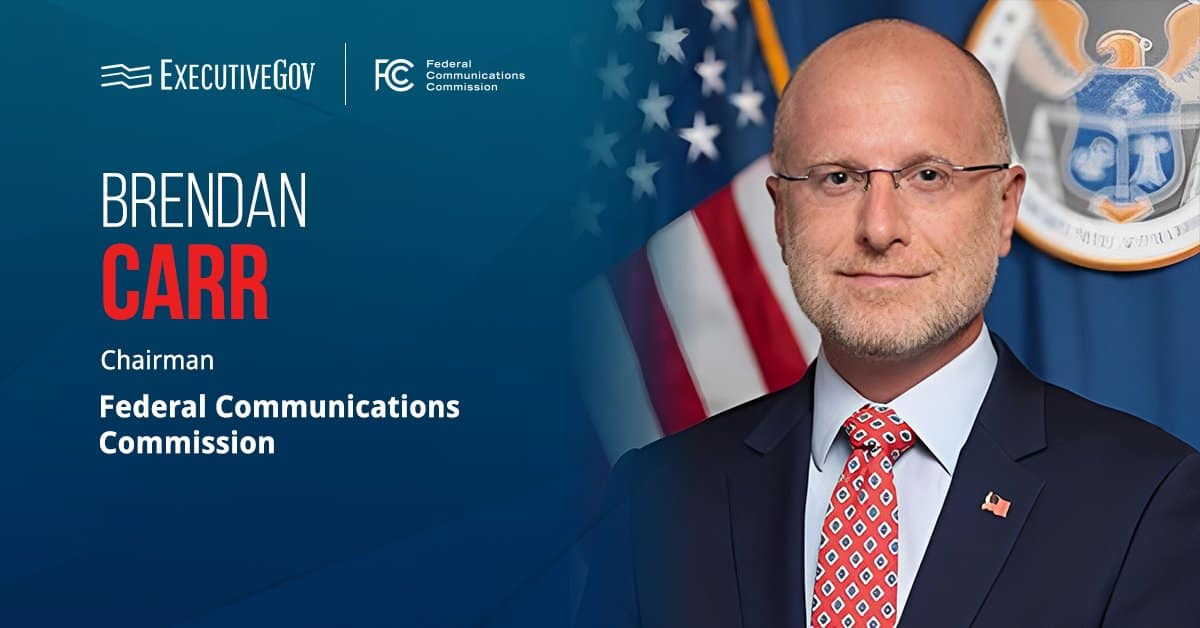The Internal Revenue Service intends to grow its technology workforce by 200 people in support of the agency’s modernization efforts.
IRS said Wednesday that it sees modern technology as the means to streamline taxpayer experience, reduce current inventories and respond to as many queries as possible.
The planned workforce expansion is part of a larger hiring effort at the agency, which also recently announced plans to fill over 5,000 processing center positions in Missouri, Utah and Texas.
“This is an excellent opportunity to join the IRS Information Technology team and make a real difference for our tax system and the nation’s taxpayers,” said Nancy Sieger, chief information officer at IRS.
Open IRS jobs include positions for entry-level, experienced and supervisory IT practitioners.





